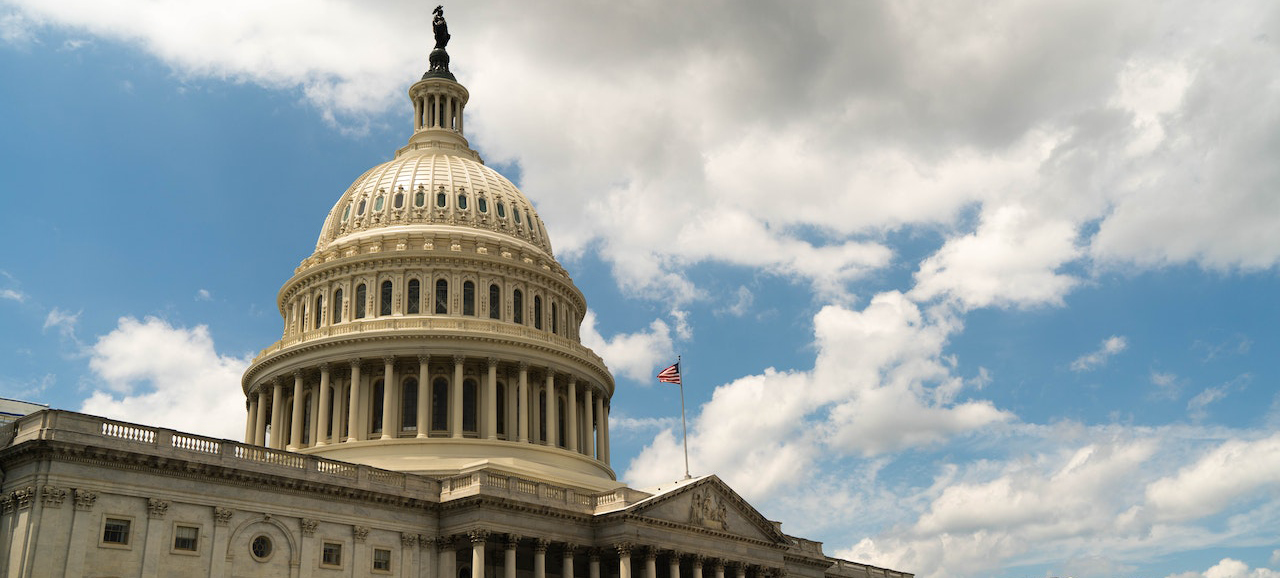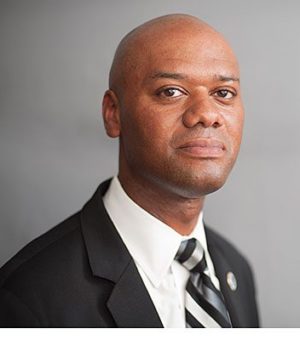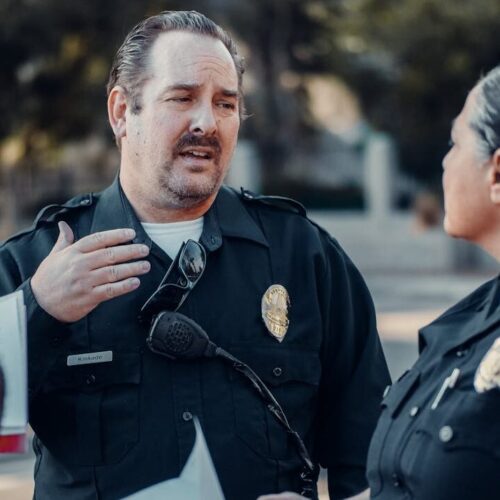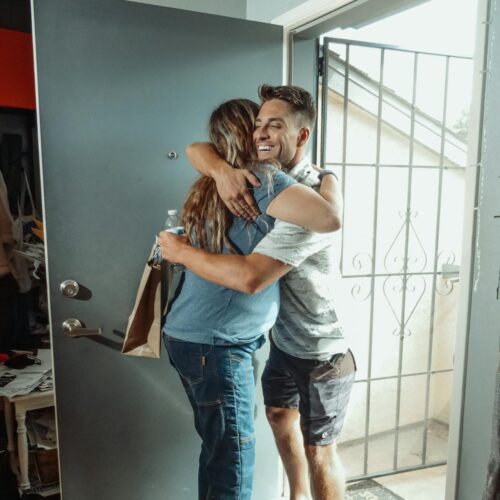
Congress Approves the Justice and Mental Health Collaboration Reauthorization Act
With unanimous consent, the U.S. Senate passed the bipartisan Justice and Mental Health Collaboration Reauthorization Act of 2022 yesterday, officially approving the legislation sponsored by Senators John Cornyn (R-TX) and Amy Klobuchar (D-MN) and Representatives Bobby Scott (D-VA), Steve Chabot (R-OH), Sheila Jackson Lee (D-TX), and Tom Emmer (R-MN). The bill will expand and improve upon the success of the Mentally Ill Offender Treatment and Crime Reduction Act (MIOTCRA) to give the country’s criminal justice and mental health systems the tools they need to serve some of their most vulnerable individuals. It will also provide the resources to help communities divert people from the criminal justice system when appropriate.
Last month, the U.S. House of Representatives overwhelmingly approved the bill by a 389 to 22 vote, sending the legislation to the Senate. The bill now heads to President Joe Biden’s desk to be signed into law.
“This vote shows the strong bipartisan support that the Justice and Mental Health Collaboration Program continues to have in Congress,” said Megan Quattlebaum, director of The Council of State Governments (CSG) Justice Center. “This bill will continue to help leaders in law enforcement, courts, corrections, and the mental health community develop solutions that address the behavioral health needs of individuals before they enter the criminal justice system and as they are preparing to return to their communities. I want to thank members of Congress for their leadership and the organizations who worked to pass this important bill.”
Once signed into law, the Justice and Mental Health Collaboration Reauthorization Act of 2022 will:
- Strengthen support for mental health courts and crisis intervention teams;
- Provide support for diversion programming and training for state and local prosecutors;
- Strengthen support for co-responder teams;
- Support the integration of 988 into the existing public safety system;
- Amend allowable uses for grant funds to include suicide prevention in jails and information-sharing between mental health systems and jails/prisons;
- Amend allowable uses to include case management services and supports; and
- Clarify that crisis intervention teams can be placed in 911 call centers.
Since its inception, the Justice and Mental Health Collaboration Program (JMHCP) has supported initiatives across the country to reduce contact with the criminal justice system and increase access to treatment and supports for people with behavioral health needs. JMHCP was created by the U.S. Department of Justice’s Office of Justice Programs’ Bureau of Justice Assistance in 2006 as a critical way to support the Mentally Ill Offender Treatment and Crime Reduction Act, which was signed into law in 2004 by then-President George W. Bush. JMHCP’s mission, then and now, has been to unify justice and health partners around a common goal: reducing criminal justice involvement for people with mental health conditions, or mental health and co-occurring substance use conditions, and connecting them to treatment and services.
Collectively, state and local governments use JMHCP grants for a broad range of activities, including establishing diversion programs, creating or expanding community-based treatment programs, supporting the development of curricula for police academies and orientations, and providing in-jail treatment and transitional services. Additionally, grant funds may be used to train law enforcement on ways to identify people experiencing a mental health crisis and improve their responses to them. Grants awarded under this program have funded mental health courts and other court-based initiatives and have been used by law enforcement agencies to establish initiatives such as co-responder teams, mobile crisis teams, and crisis intervention teams, all of which reduce criminal justice contact for people who have mental illnesses and connect them to services. Since 2006, more than 600 JMHCP grants have been awarded to agencies and organizations in 49 U.S. states, the District of Columbia, Guam, and American Samoa.
JMHCP also has the support of diverse organizations that represent law enforcement officers, judges, court personnel, corrections officers and leaders, policymakers, faith-based leaders, mental health professionals, people with mental illnesses and their families, suicide prevention advocates, and veterans service providers. These groups include the Addiction Policy Forum, American Foundation for Suicide Prevention, American Jail Association, American Probation and Parole Association, the CSG Justice Center, the Faith and Freedom Coalition, the Fraternal Order of the Police, Major Cities Chiefs Association, Major County Sheriffs of America, Miami Center for Mental Health and Recovery, National Alliance on Mental Illness, National Association of Counties, National Association of Police Organizations, National Association of State Alcohol and Drug Abuse Directors, National Association of State Mental Health Program Directors, National Conference of State Legislatures, National Criminal Justice Association, National District Attorneys Association, National League of Cities, National Sheriffs’ Association, Treatment Alternatives for Safe Communities, and the Wounded Warrior Project, among other organizations.
Read the full legislation at S.3846: An Act to Reauthorize the Justice and Mental Health Collaboration Program.
View Congressman Scott’s remarks on the House floor at Scott Pushes for Passage of the Bipartisan Justice and Mental Health Collaboration Reauthorization Act.
Photo credit: Photo by Thomas Lin via Pexels
About the author

The sharp rise in school shootings over the past 25 years has led school officials across the U.S.…
Read MoreA three-digit crisis line, 988, launched two years ago to supplement—not necessarily replace—911. Calling 988 simplifies access to…
Read MoreIt would hardly be controversial to expect an ambulance to arrive if someone called 911 for a physical…
Read More Taking the HEAT Out of Campus Crises: A Proactive Approach to College Safety
Taking the HEAT Out of Campus Crises: A Proactive Approach to College Safety
The sharp rise in school shootings over the past 25 years has…
Read More From 911 to 988: Salt Lake City’s Innovative Dispatch Diversion Program Gives More Crisis Options
From 911 to 988: Salt Lake City’s Innovative Dispatch Diversion Program Gives More Crisis Options
A three-digit crisis line, 988, launched two years ago to supplement—not necessarily…
Read More Matching Care to Need: 5 Facts on How to Improve Behavioral Health Crisis Response
Matching Care to Need: 5 Facts on How to Improve Behavioral Health Crisis Response
It would hardly be controversial to expect an ambulance to arrive if…
Read More Finding Solutions to Complex Criminal Justice Issues: Q&A with New CSG Justice Center Advisory Board Member Justice Briana Zamora
Finding Solutions to Complex Criminal Justice Issues: Q&A with New CSG Justice Center Advisory Board Member Justice Briana Zamora
The CSG Justice Center Advisory Board establishes the policy and project priorities…
Read More











